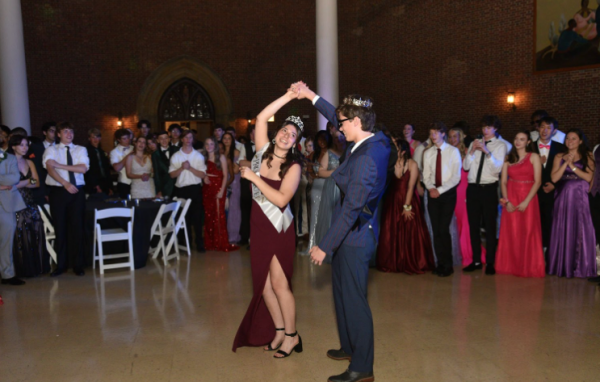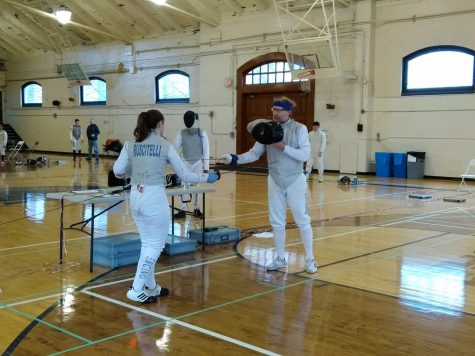Opinions under the dome: Think before you frat

As a senior, I’m constantly ankle deep in college preparations, ranging from choosing a college, applying for scholarships, or even registering for groups such as honors programs. One such preparation is deciding whether to rush a greek organization or not. I am not going to join a fraternity. Due to the rampant alcoholism, a hazing centered society, and an inability to produce results regarding service hours and grades; I have decided to avoid fraternities all together.
One large caveat that I must make clear before detailing the reasoning behind such a strident tone is the nature of “self selection.” Greek organization aren’t randomly selected; people opt in or out of specific groups, making any study of fraternities liable of running into issues of the character of people attracted to said fraternities rather than the fraternities themselves. For example, those who seek to drink heavily freshman year might join a fraternity to facilitate that goal. While this does make studies on the subject tentative, as someone not thrilled by the trappings of fraternities, I’m going to choose to avoid them. I understand my opinion will not sway those excited for the social aspects and the other real benefits derived from fraternities, but those who are on the fence, I suggest you think carefully over both sides of the argument before making a decision.
First of all, alcoholism is an issue plaguing fraternities nationwide. First among this issue is dangerous binge drinking habits, which a study by the National Bureau of Economic Research confirmed that “the rate of binge drinking, i.e. consuming at least five alcoholic beverages within a few hours, at least once in the past month was 69 percent among fraternity members and 42 percent among non-members.” This displays a markedly large 27% difference in the number of binge drinkers. One would think that simply avoiding alcohol would solve the problem for those who wish to partake in fraternities. However, that can often be difficult due to peer pressure and hazing. Also, there are second hand effects of being around those who are drunk. According to National Institute on Alcohol Abuse and Alcoholism, “about 1,825 college students between the ages of 18 and 24 die from alcohol-related unintentional injuries, including motor-vehicle crashes.” That may seem low, but for something ridiculous as this, there shouldn’t be any binge drinking-related deaths.
Secondly, and very much connected to the previous point, is the hazing that permeates fraternities and sororities across America. Hazing, in all actuality, is easy to avoid by not joining a fraternity. Within these groups, hazing is often nearly impossible to avoid, leaving students to experience consequences forced upon them by others in the fraternity. According to HazingPrevention.org, these effects can range from “physical, emotional, and/or mental instability” to “illness or hospitalization with additional effects on family and friends.” Some unlucky few are even worse off, as, according to Time Magazine, there were four deaths related to hazing in 2017.
Finally, the benefits often cited for joining a fraternity aren’t as great as a college may say. One example is the argument that fraternities and sororities have higher Grade Point Average (GPA) averages than the rest of the school. This is due to the fact that, in most cases, fraternities have a GPA requirement for joining. This causes the average GPA of a fraternity to be skewed upward, as they simply have less low GPA members. In fact, when comparing the change of GPA within members of fraternities, there was a noted .25 average GPA drop among members according to “Social Animal House: The Economic and Academic Consequences of Fraternity Membership.” The other large benefit often stated in defense of fraternities is the required service hours. This is also somewhat of a myth as well. According to the North American Interfraternity Conference, 3.8 million service hours are logged by fraternities. That sounds impressive, until a little math is done. There are 384,193 members of the fraternities that logged these service hours. That’s roughly ten hours per person. I feel sororities and fraternities should require more from you than National Junior Honor Society of Oakwood.
Those who are still unconvinced, keep this information in mind, and perhaps you’ll better navigate your freshman year. I, on the other hand, will be joining some other clubs.
By: Quinn Murray









